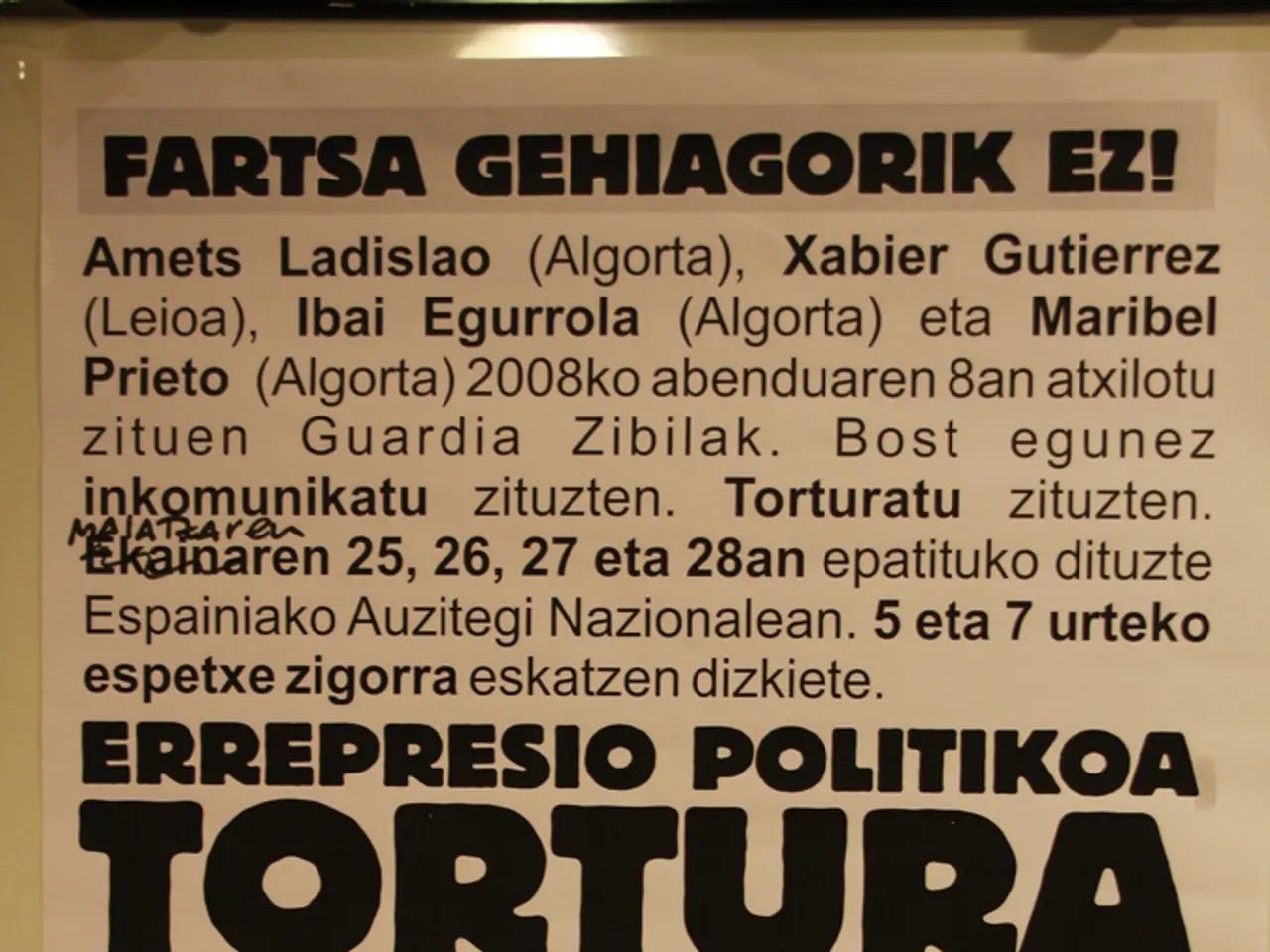Spain establishes centralized rental database and digital service hub for short-term rentals regulation
Spain's housing market is undergoing a significant transformation, with the implementation of regulatory measures aimed at enhancing transparency and oversight in the short-term rental sector. The cornerstone of these changes is Royal Decree 1312/2024, effective from 1st July 2025, and the European Union's Regulation (EU) 2024/1028.
The new regulations establish a unified digital platform for leases, managed by the Ministry of Housing and Urban Agenda, dubbed the Single Digital Platform for Leases. This platform serves as a national digital hub for the electronic exchange of information between online short-term rental platforms.
Online platforms are now required to collect and submit monthly activity data for each unit to the Single Digital Platform for Leases, as well as inform the platform and landlords about the outcomes of random checks. Landlords or hosts offering short-term rentals must secure a unique registration number from the Land Registry, either through the electronic portal of the Association of Registrars or in person.
The registration number is crucial, as it is required to list properties on online platforms and should be displayed in advertisements. The equipment, furniture, and furnishings in short-term rental units must be sufficient to fulfil the needs for temporary use, as outlined in Regulation (EU) 2024/1028.
The leases under discussion relate to short-term rental services and are intended for temporary situations, such as vacations, tourism, work assignments, studies, medical treatments, or any other circumstance that does not involve a long-term housing need for the tenant.
The regulation aims to enhance transparency and oversight in the short-term rental market by centralizing information. The Single Digital Platform for Leases provides monthly updates on each unit to the National Institute of Statistics, regional statistical agencies, and the European Statistical Office or Eurostat.
The government of Spain has put these regulatory measures in place to intervene in the housing market due to challenges faced by a portion of the Spanish population in accessing housing. The impact of these regulations on the tourist rental market remains unclear, but the simplification of data management and guarantees of compliance with regulatory standards could potentially bring about a more streamlined and regulated industry.
The name of the company overseeing the implementation of the regulation in the short-term rental industry is not publicly specified; typically, this role is handled by local government authorities or regulatory agencies. The definition of a "unit" in the context of short-term rental services excludes hotels, hotel complexes, aparthotels, motels, hostels, accommodations provided at campsites and caravan parks, as outlined in Regulation (EC) 1893/2006.
In summary, Spain's new short-term rental regulations, effective from next year, aim to bring transparency and oversight to the industry. The regulations mandate the use of a unique registration number, the collection and submission of monthly activity data, and the establishment of a unified digital platform for leases. The impact of these regulations on the tourist rental market remains to be seen, but they represent a significant step towards a more regulated and streamlined short-term rental industry in Spain.
Read also:
- chaos unveiled on Clowning Street: week 63's antics from 'Two-Tier Keir' and his chaotic Labour Circus
- Skechers Debuts First American Stores Focused on Athletic Footwear Performance
- Budget discrepancy jeopardizes highway projects' financial support
- Racing ahead in Renewable Energy Dominance: Changzhou, Jiangsu Pushes for Worldwide Renewable Energy Ascendancy




